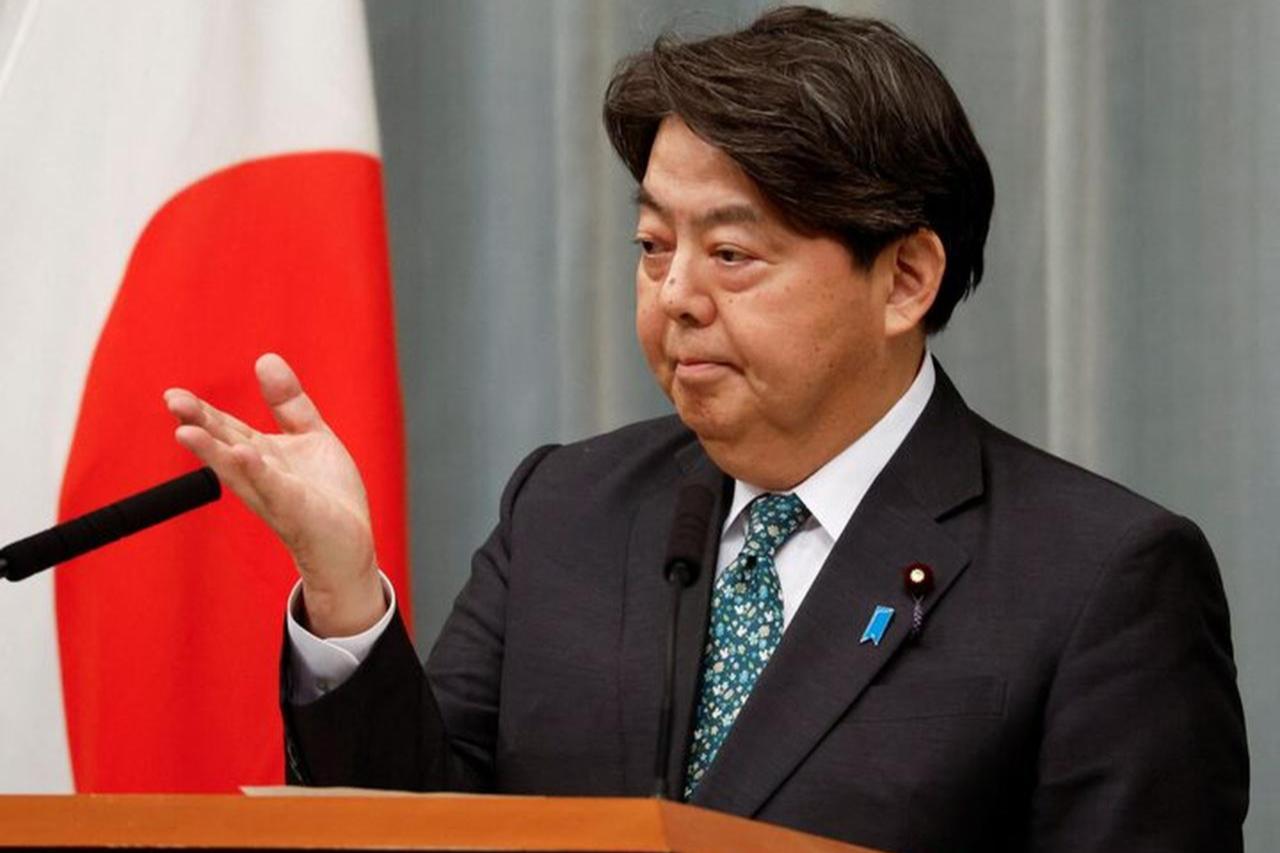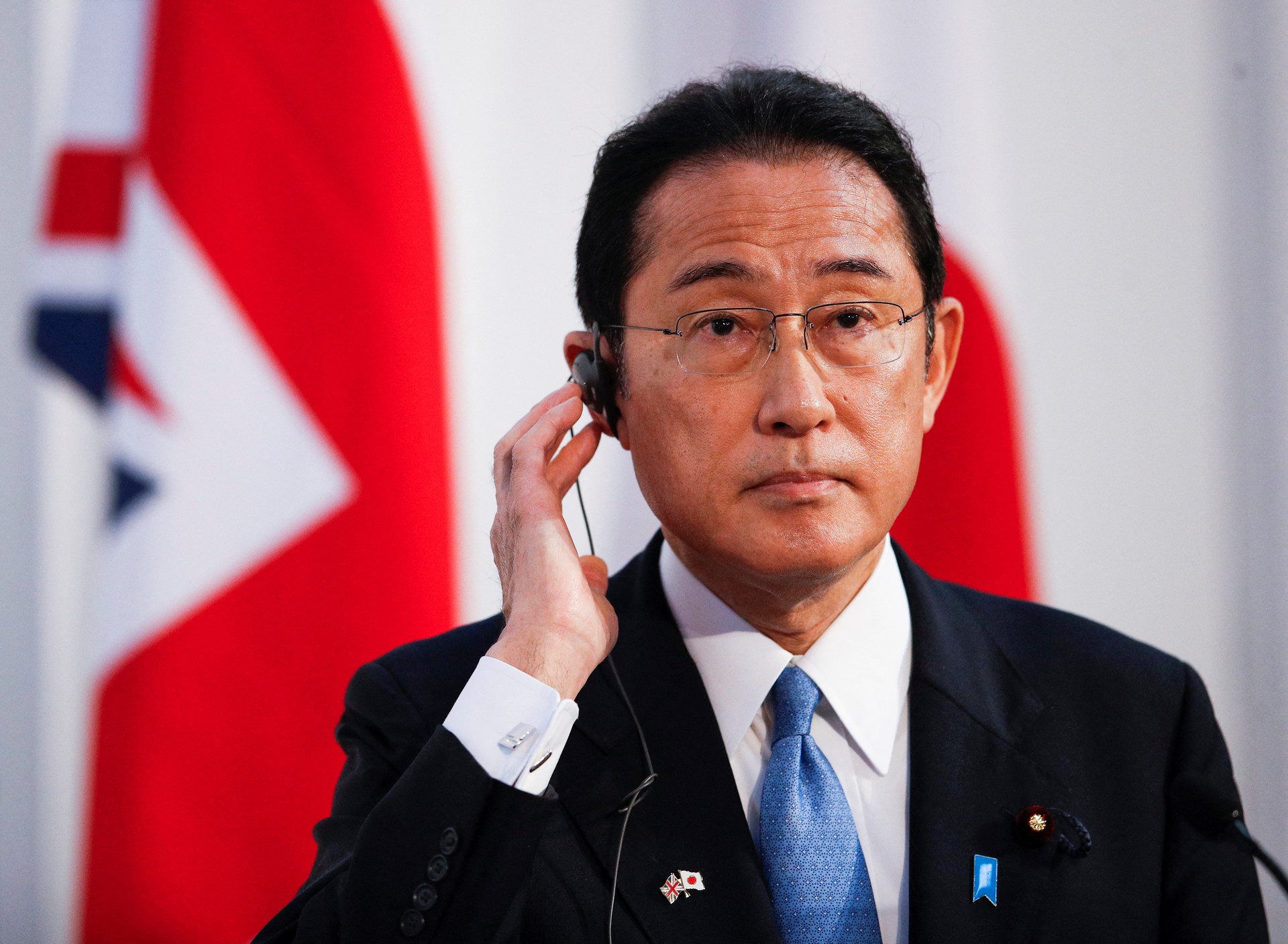
Japan's Justice Minister has formally expressed concerns to Türkiye's ambassador about Turkish nationals illegally remaining in the country, marking the first official diplomatic response to a growing immigration issue that has sparked public debate.
Justice Minister Keisuke Suzuki conveyed his government's concerns during a courtesy visit by Turkish Ambassador Oguzhan Ertugrul on Wednesday, requesting that measures be taken to address the situation.
The meeting came days after Saitama Governor Motohiro Ono called for temporarily suspending the mutual visa exemption agreement between Japan and Türkiye during a July 28 meeting in Tokyo. The governor claimed that crimes committed by Turkish nationals were causing concern among Japanese citizens.

According to Justice Ministry data released following the diplomatic meeting, approximately 7,700 Turkish nationals are legally residing in Japan as of December. However, 1,372 Turkish citizens are staying illegally in the country, making Türkiye the tenth-largest source of undocumented residents.
"We are taking strict measures against illegal residence due to growing public concern," Suzuki told the Turkish ambassador, according to reports in Japanese media. While praising the friendly relations between Japan and Türkiye, the minister noted that Turkish nationals tend to overstay their permitted residence periods more frequently than nationals from other countries.

The immigration issue has begun affecting bilateral relations between the two nations, which have maintained visa-free travel arrangements.
Foreign Minister Takeshi Iwaya addressed the matter in a statement to The Asahi Shimbun, saying the government has increased dialogue and cooperation with Türkiye to prevent crimes and address migration and residence management concerns.
However, Iwaya stopped short of supporting calls to suspend the visa exemption agreement, arguing that such a move would negatively impact political, economic, cultural and tourism relations between the countries while disrupting business activities and people-to-people contacts.
"We do not believe the situation requires an urgent suspension," Iwaya said. "We will continue comprehensive discussions with Türkiye."
The diplomatic discussions highlight growing tensions over immigration policy as Japan grapples with managing foreign residents while maintaining international partnerships.